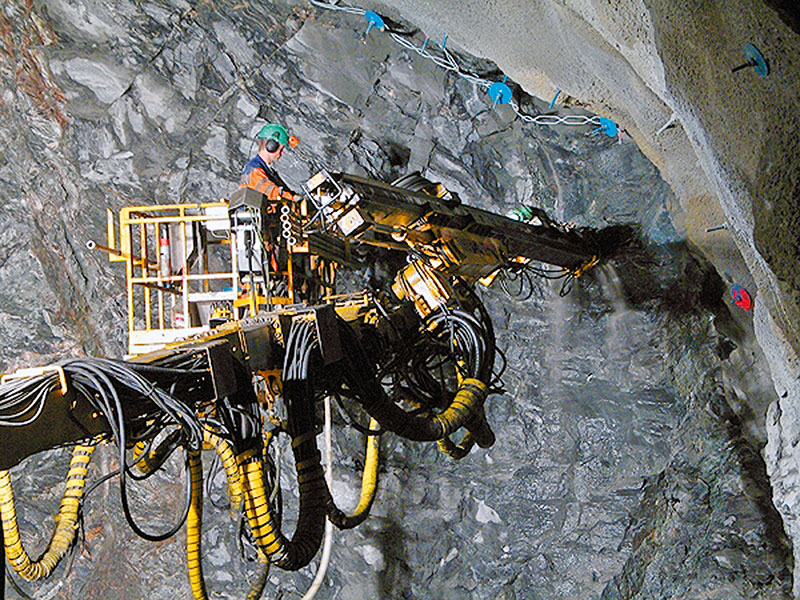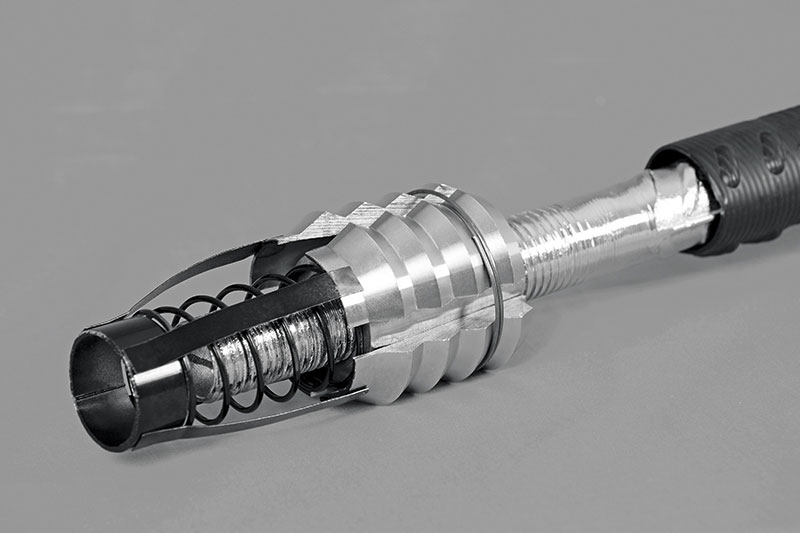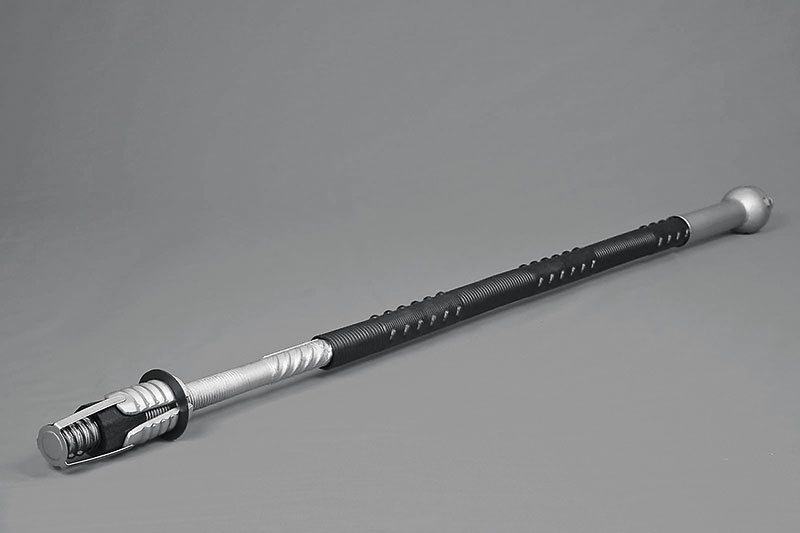


Large Scale Energy Generation with DSI Systems: Ingula Pumped Storage Complex
According to forecasts, South Africa’s energy demand will rise to approximately 40,000MW by 2025. In anticipation of the increased demand, the Ingula pumped storage complex is being built in the Drakensberg Mountains near the border of the provinces of Free State and KwaZulu-Natal.
Two dams were built for collecting the water necessary for energy generation. The upper dam, Bedford Dam, is 810m long and 40.9m high. Braamhoek Dam, which is located 470m below at a distance of 4.5km, is 310m long and 38.6m high. With waterways leading from the two dam reservoirs of 22 million m³ capacity each, energy can be generated on short notice in the underground power station between the lakes using four 333MW turbines.
During periods of peak demand, water runs from the upper to the lower lake and is used by the turbines to generate energy. During times of low demand, the water is pumped back up to the upper lake by the turbines, which can also be used as pumps. During the pumping phase, the turbines are powered by excess energy from the country’s electrical network.
More than 40 tunnels and shafts were built for this major project. In addition to the 1.25km long main access tunnel, 2.1km long double tube headrace tunnels direct the water from Bedford Dam to the power plant. A 2.3km long tailrace tunnel with an interior diameter of 9.4m directs the discharge water into Braamhoek Lake during energy generation and carries the water back to Bedford Lake in times of low demand.
Due to the predominance of relatively weak sedimentary rock with some faults and long-term creep behavior, underground work was very challenging. DSI South Africa was awarded a contract to produce and supply double corrosion protection DCP Rock Bolts for stabilizing tunnel advancement. In total, over 150,000 bolts were supplied in diameters of 20/25/32mm and in lengths varying from 1.2 to 9m. The DCP Rock Bolts were successfully installed for crown strata stabilization.
Work on this major project is scheduled for completion in 2015 and DSI South Africa is proud to have made a significant contribution to it.
